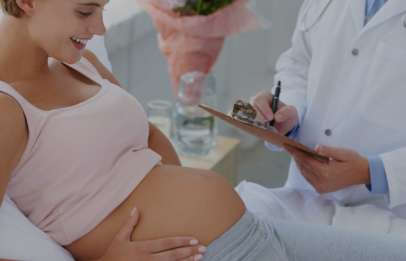What does an MFM Specialist do? A maternal-fetal medicine specialist is a doctor who helps take care of women having complicated or high-risk pregnancies. These doctors are obstetricians who also completed 3 extra years of training in high-risk pregnancy. They are also called perinatologists and high-risk pregnancy doctors. What an MFM Doctor Does An MFM doctor: Gives regular prenatal care…




